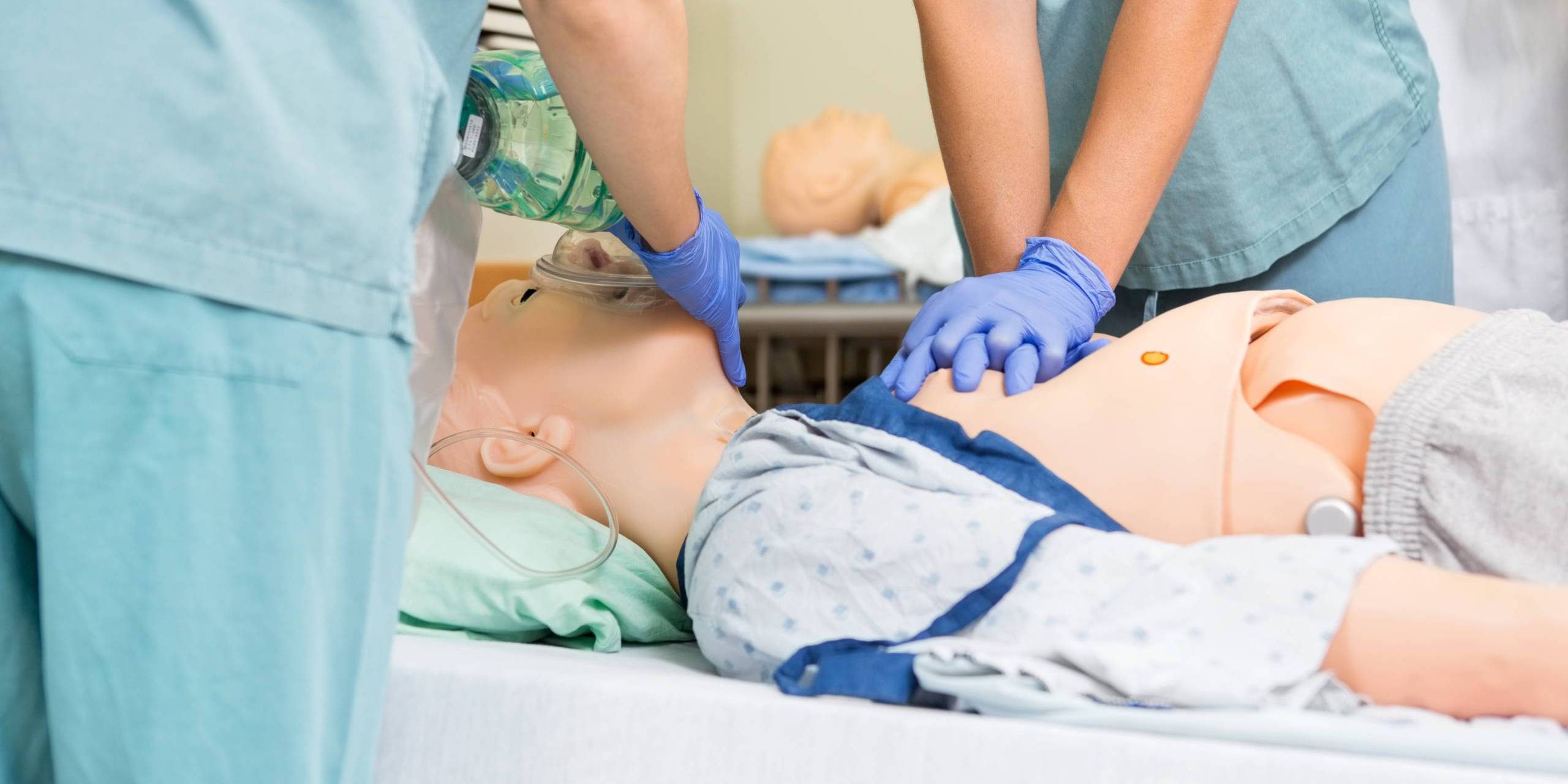What Is a Simulation Lab and How Does Ita Enhance Learning Experiences
Becoming a nurse requires a lot of hands-on training. Nursing students need to be prepared to deliver quality care to real-life patients once they enter the workforce. To do so, they must have the opportunity to practice what they learn, make mistakes and learn from them in a safe and supportive academic environment.
To ensure nursing students gain as much practical knowledge and exposure to clinical situations as possible, many nursing schools provide their students with realistic clinical settings in the form of simulation labs. These simulation labs, also known as simulation centers, include realistic looking labs, simulation mannequins and medical equipment and technology, such as IV pumps, defibrillators and electronic health records. The labs are designed to resemble typical hospital settings, like emergency rooms, intensive care units, operating rooms and labor and delivery rooms.
The experiential learning that happens in simulation labs prepares students for real-life nursing careers without exposing actual patients to the potentially harmful mistakes of students.
What Happens in a Nursing Simulation Lab?
Participating in a nursing simulation lab requires much more than just showing up and taking part in a medical scenario. A typical simulation lab consists of three steps: preparation, active participation and debriefing.
Preparation
Preparation is key to a successful simulation lab experience. Before attending lab practice, your instructor will likely give you a list of example patients with various medical conditions. These conditions may include things like respiratory distress, low blood sugar, cardiac arrest and opioid overdose.
It’s the student’s responsibility to attend the simulation lab prepared. This means you’ll need to research each simulation patient’s condition and complete any assigned readings and tasks before the active participation step.
Showing up unprepared will significantly diminish your learning experience and may negatively affect your academic performance.
Active Participation
This part requires your active participation in a simulation lab scenario. You’ll be asked to care for a “patient” showing symptoms of one or more of the conditions you were assigned by your instructor. You may be asked to work alone or with fellow students. The idea behind the simulation is to get you to think and act quickly and become accustomed to working in a high-pressure medical environment.
Your instructor, who will be watching you from another location, can control what the “patient” says or how they respond to your questions, so you can never really know what to expect or how the scenario will play out. This allows your instructor to evaluate your nursing skills in real time and give you plenty of useful feedback afterward.
Debriefing
A simulation lab cannot be successful without a thorough debriefing session. Here, you’ll get to review the simulation performance of you and your classmates with your instructor and peers. You’ll have the opportunity to reflect on your decisions and actions, evaluate what went well and identify areas for improvement.
Benefits of Clinical Simulation Labs
As a future nurse, participating in simulation labs is an invaluable learning experience. Research shows adults experience better learning outcomes when there’s an abundance of practice involved, which a clinical simulation lab provides.
Specifically, simulation labs and simulation scenarios help nursing students to:
- Learn to work under pressure
- Make mistakes they can learn from without putting actual patients at risk
- Get accustomed to teamwork
- Learn by observing peers and evaluating their own work
- Learn to communicate effectively in a high stress environment
- Gain plenty of experience before starting a nursing career
Hone Your Nursing Skills at Missouri’s St. Louis College of Health Careers
SLCHC’s state-of-the-art simulation labs provide nursing students an abundance of experiential learning to help them excel in their future medical careers.
Our students get to polish their skills in a safe and academically nurturing environment alongside dedicated faculty and fellow students.
To learn more about our healthcare programs, call 866-529-2070, send us a message or visit our St. Louis or Fenton campuses.
